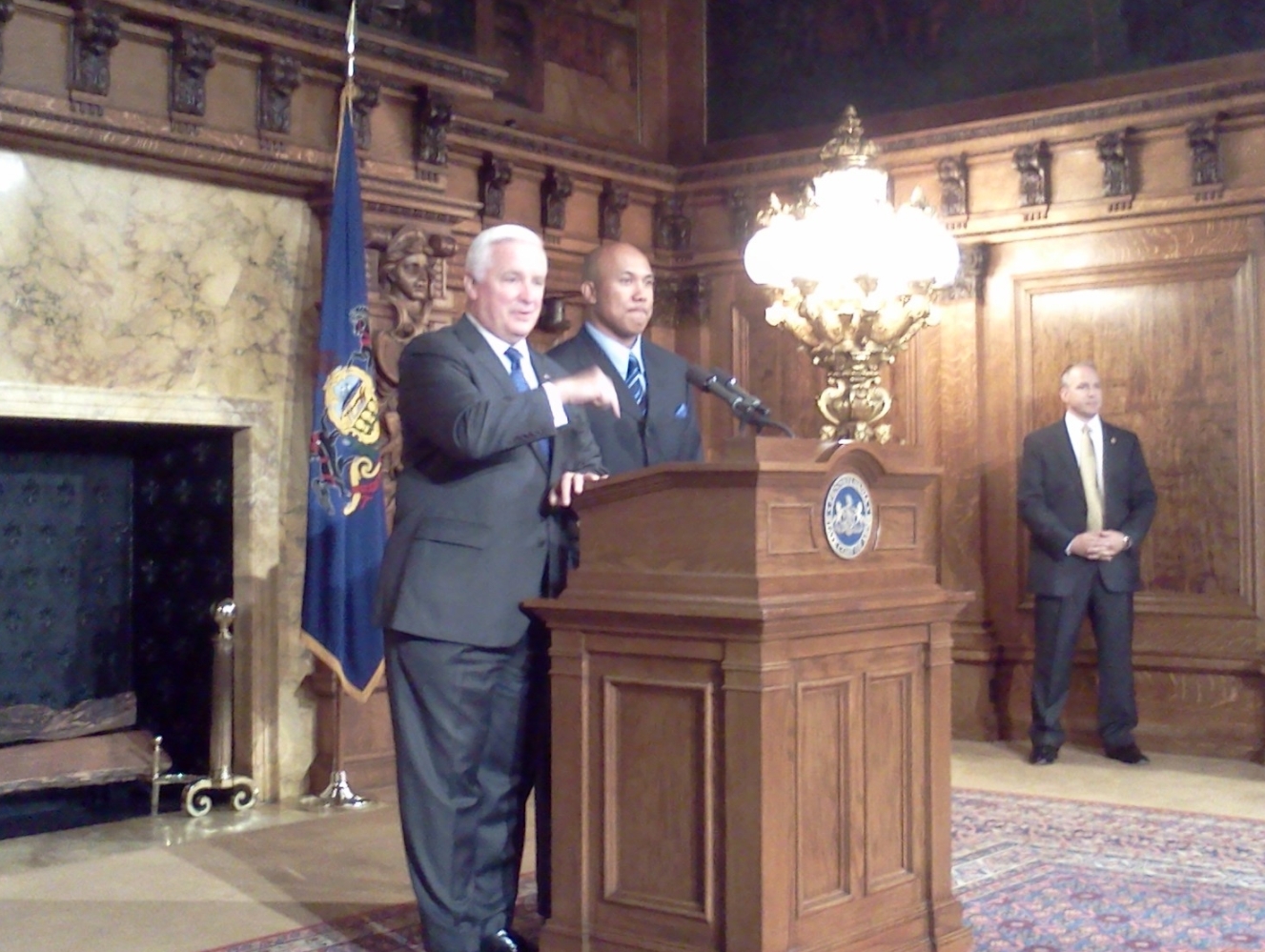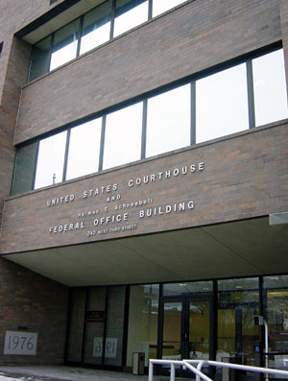Bill Would Defund Planned Parenthood, other Abortion Providers
Pro-life lawmakers are trying to cut off state funding for Planned Parenthood and other abortion on demand providers. The Whole Women’s Health Funding Priority Act would direct the state’s family planning funding to facilities that provide comprehensive health care to women. It would defund those that offer abortion on demand.
State and federal laws already prohibit public funds from paying for abortions in Pennsylvania, but supporters of the bill say public funds going to Planned Parenthood and other abortion providers for family planning ends up supporting abortions.
The prime sponsor, Representative Daryl Metcalfe (R-Butler) says it’s the job of government to protect life. He says the war on women is taking place in every abortion facility in Pennsylvania and across the nation. He says women’s health is put at risk every time an abortion is performed.
Metcalfe says 30 thousand surgical abortions were performed in Pennsylvania in 2010, 16 thousand of them at Planned Parenthood affiliates. He says that means 45 abortions a day.
Mike McMonagle, President of the Pro Life Coalition of Pennsylvania, says the current law prohibiting state funding for abortions is a joke. He says Planned Parenthood plays accounting schemes and it hasn’t put a dent in their business.
But Sari Stevens, Executive Director of Planned Parenthood of Pennsylvania, says there are not enough other providers offering family planning and women’s health screening services who could absorb the patients if funding were redirected. She says it’s the patients who would be hurt by House Bill 2405.
Stevens says Pennsylvania has long standing segregation requirements between any state funding and abortion services. She says any idea that public funding is propping up abortion services is preposterous. She says women should be able to access the health care provider of their choice and politics should not get in the way of that.
Planned Parenthood is analyzing the potential impact of the bill and plans to fight against it.













